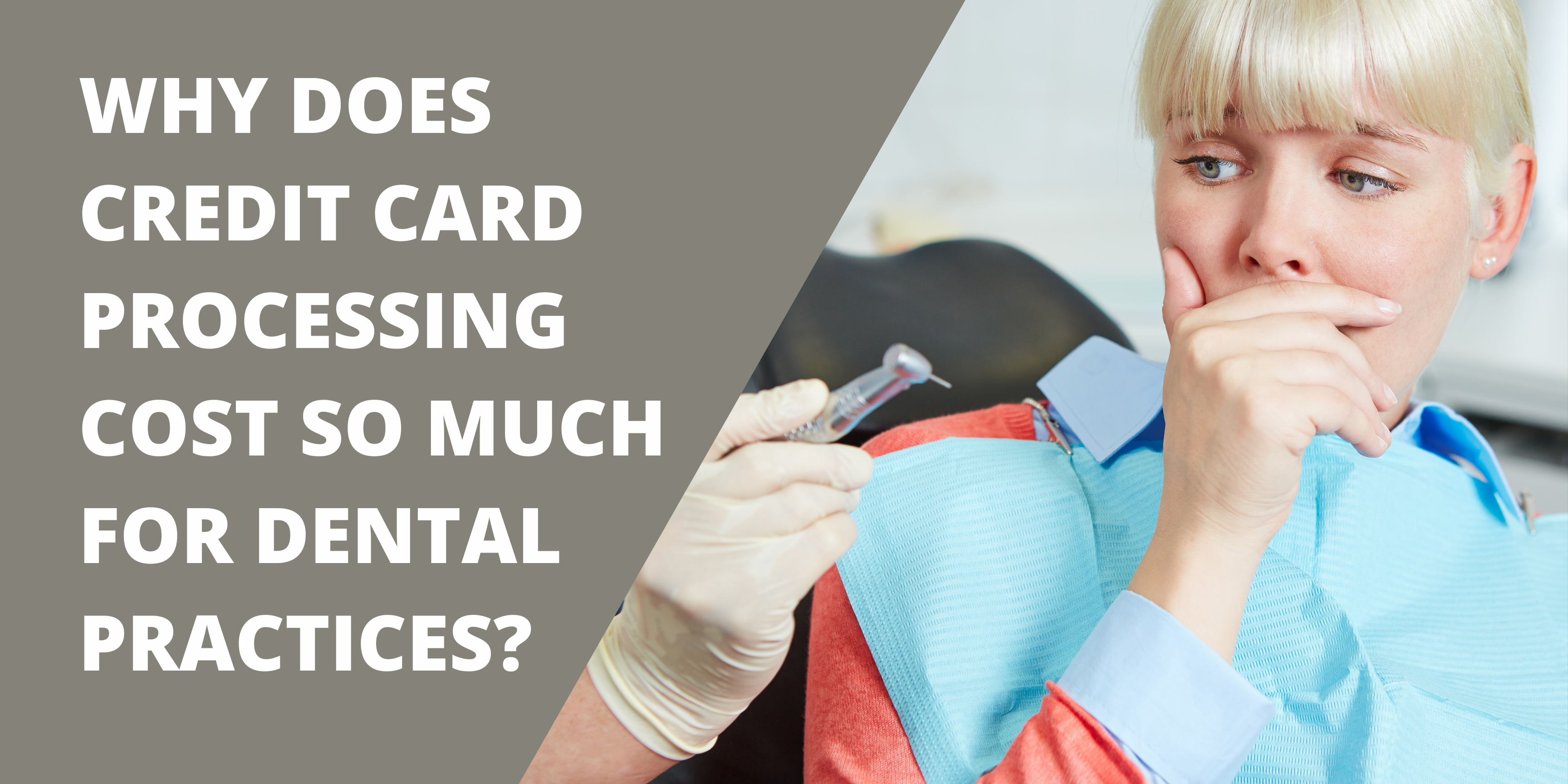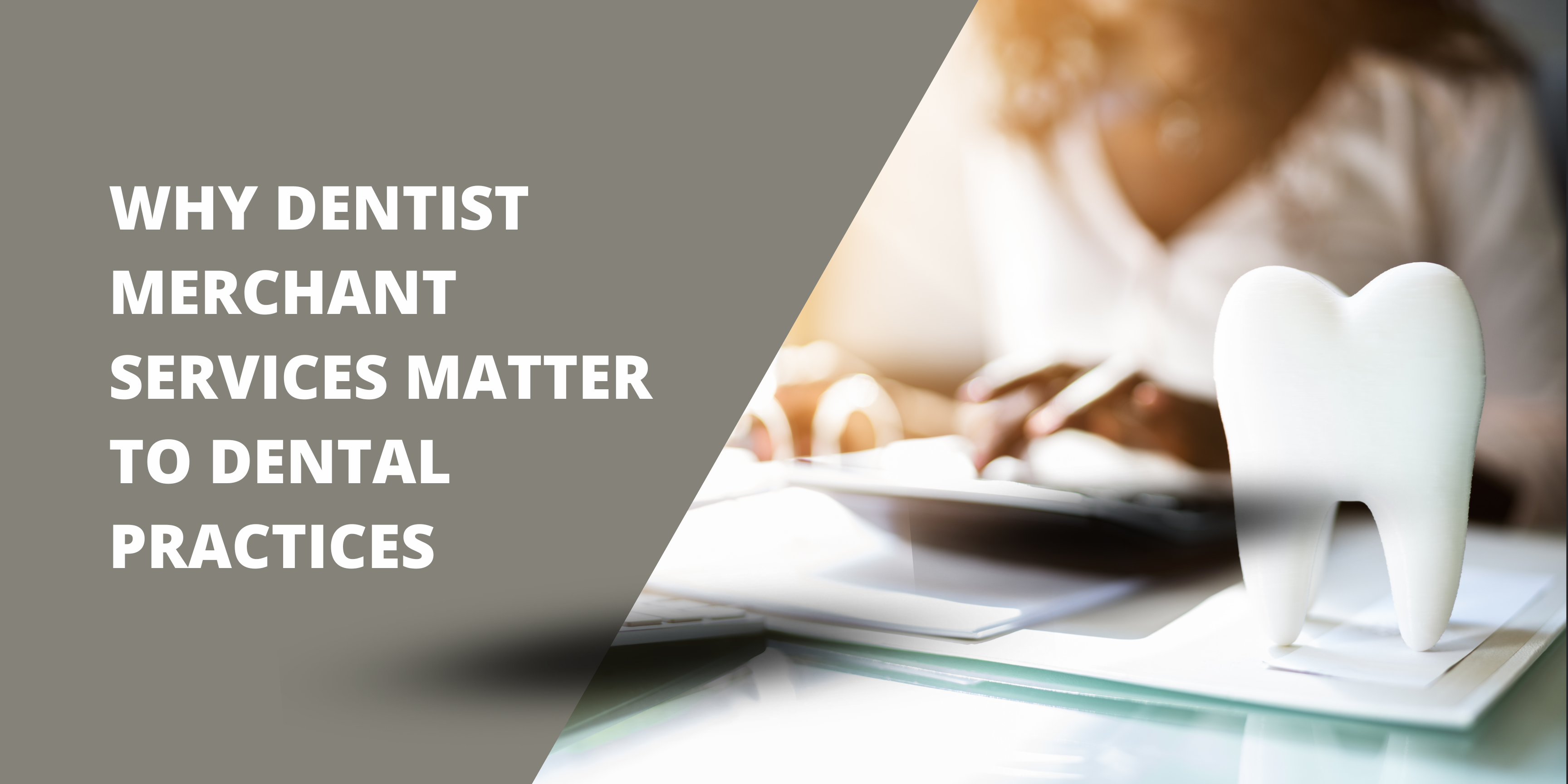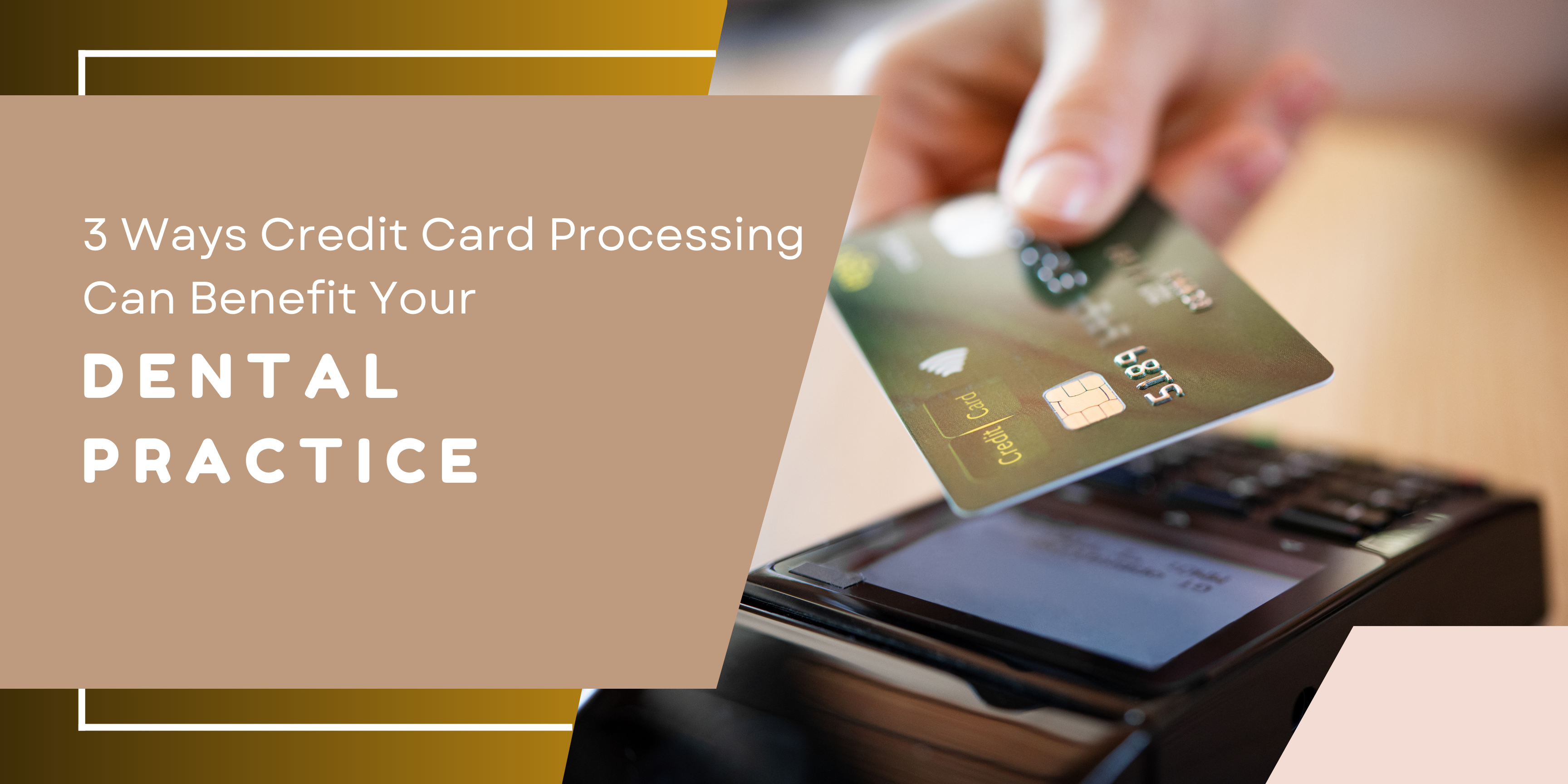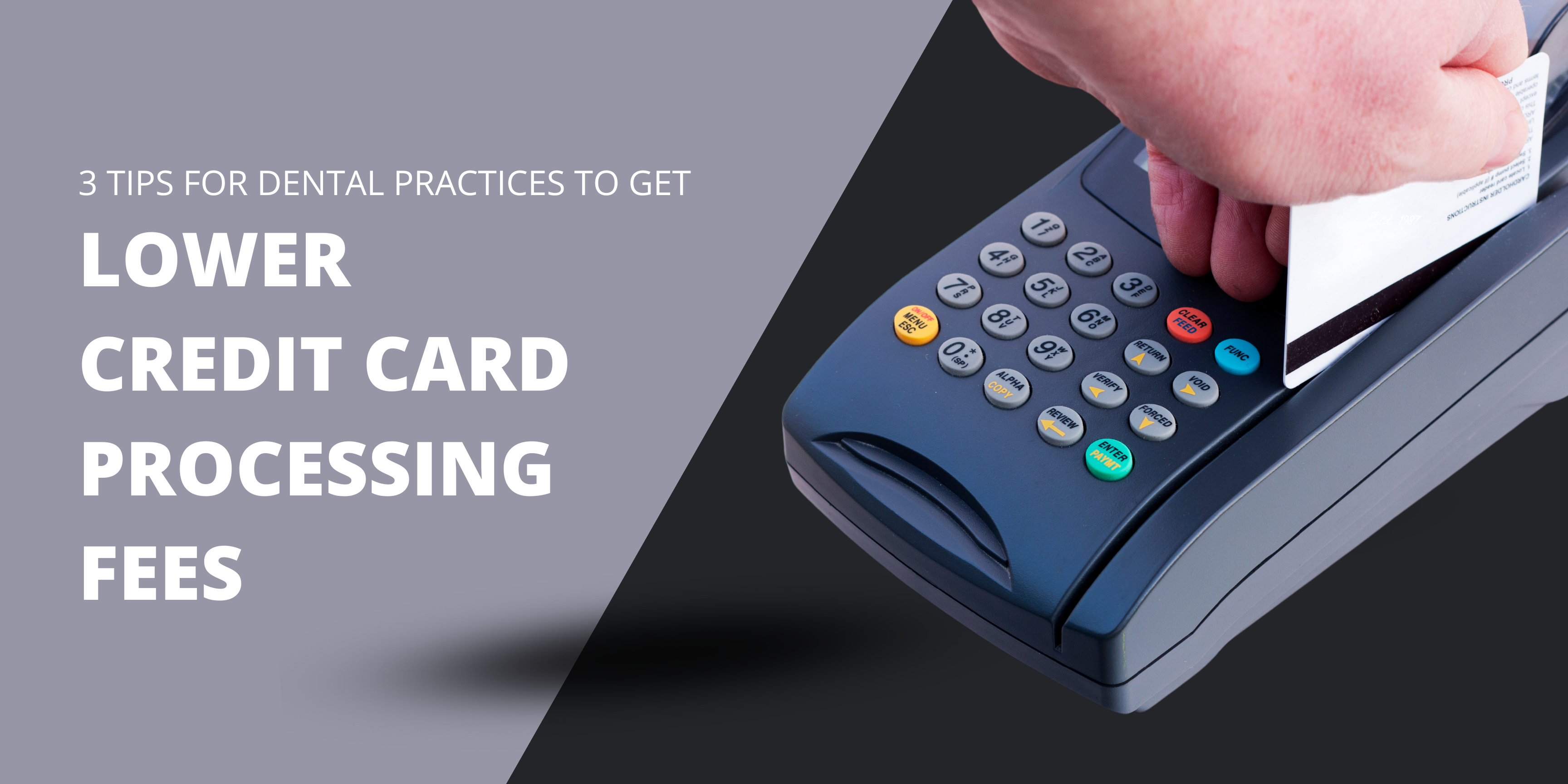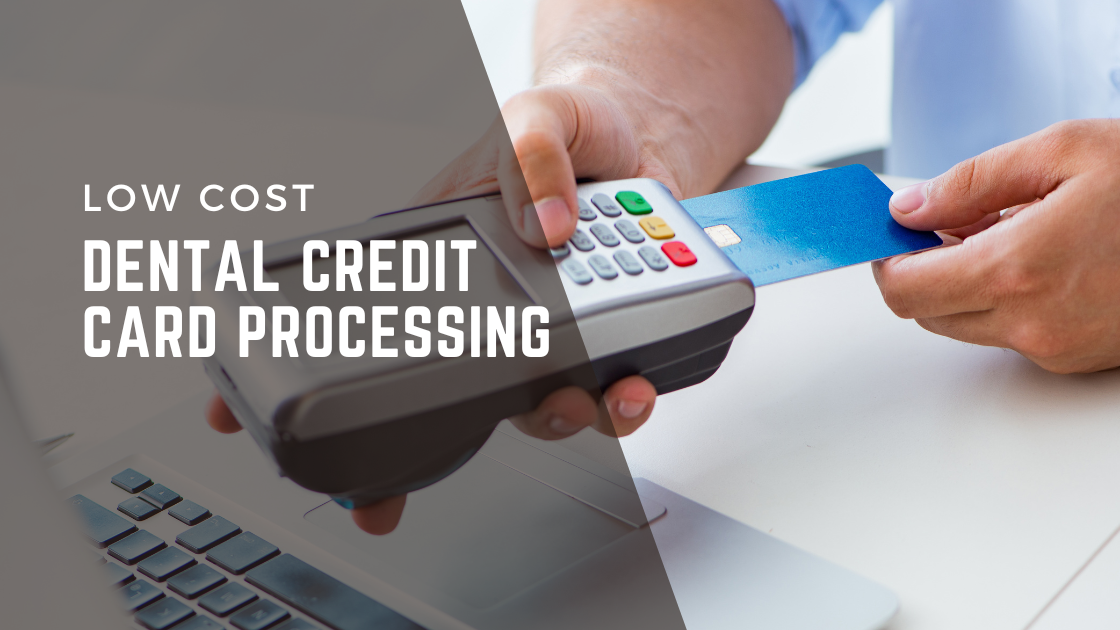A vast majority of customers, including dental patients, prefer to pay with credit cards. Put simply, these cards are easy, convenient, and safe to use, which makes them a preferred form of payment. Their usage has become universal and spans across industries, including dental businesses. It means credit card processing for dentists has become an essential component of running a modern medical practice. This blog will further discuss how it benefits both patients and practitioners by creating an efficient payment experience.
How Does Credit Card Processing Benefit Dental Practices?
Credit card processing for dentists can enhance patient loyalty, increase revenues, and also make all operations streamlined. This helps set up the dental practice for long-term success. Additional benefits include:
Improved Patient Experience
Card processing for dentists can enhance the overall patient experience with convenience and flexibility. It eliminates the need for these dentists to carry cash or write checks when patients have the option to pay with credit cards, making the payment process swift and effortless.
The ability to make quick payments often reduces the stress associated with medical expenses. Patients can easily focus on their treatment options and recovery processes without facing any difficulty with the payment process. This improved experience leads to higher patient satisfaction and prompts them to return for future services at the same dental care clinic.
Increased Revenue and Cash Flow
With credit card processing, no one has to wait for checks or worry about late payments. This steady cash flow process makes it easier for dental professionals to manage their finances and invest in new equipment or services if needed.
Moreover, patients might be more willing to go for higher-end treatments if they can pay with credit cards. Knowing they can use their credit limits or fragment their payments makes it easier for them to choose more expensive dental procedures. This flexibility leads to higher revenue as more patients take advantage of the easy payment options offered by dental clinics.
Efficient Operation Process
Unlimited card processing for dental practices can make all operations run smoothly. Automated transactions mean the staff spends less time on any kind of billing and chasing payments. This enables them to focus more on patient care and other important medical tasks.
Modern credit card processing solutions also offer excellent security features to protect dental practices from fraud and keep everyone in line with industry standards. This extra security helps keep finances safe and makes all patients feel confident that their respective payment information is secure.
Choose the Best Credit Card Processing Solutions
Card processing helps simplify dental organizations’ financial records, making bookkeeping and accounting much easier. Accurate and automatic transaction records can reduce errors and give professionals a clear picture of their organization’s financial health.
Blue Yonder Corp offers the highest quality options associated with credit card processing for dental practices. You can leverage their advanced technology and excellent support to meet and exceed your patients’ expectations. Partner with the company to choose a secure and reliable solution that helps your dental practices grow.


